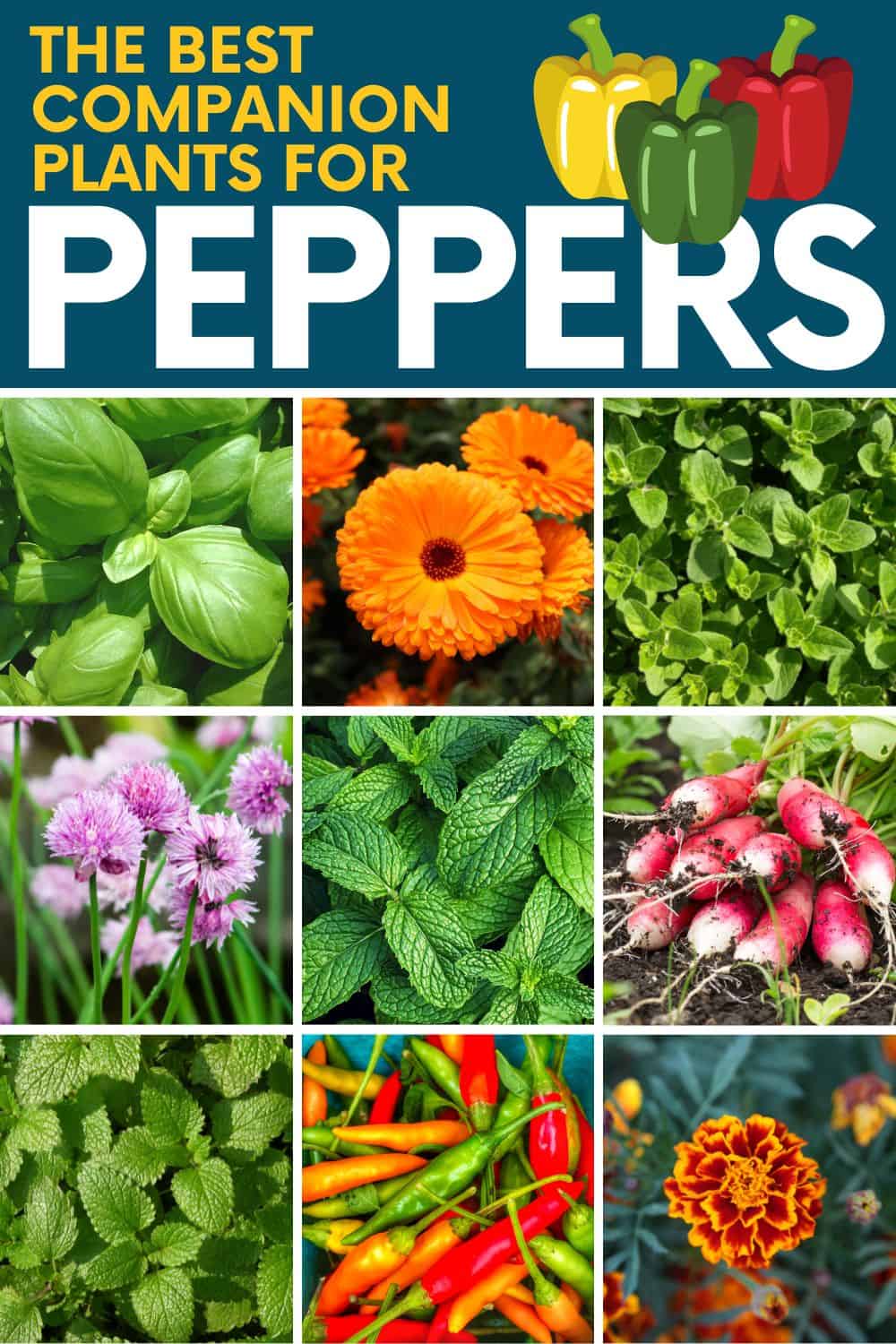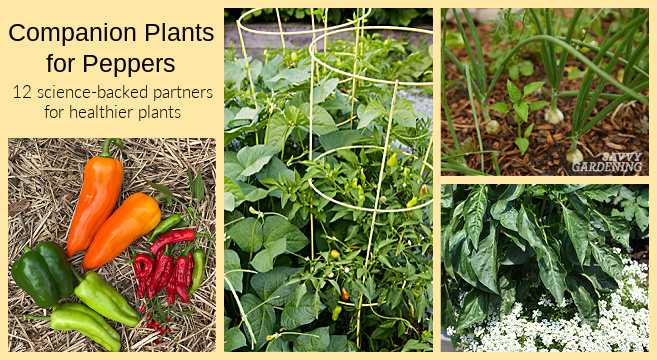The Hot Pepper Companion Plant Guide That Will
The Hot Pepper Companion Plant Guide That Will
Growing hot peppers is a rewarding hobby, but it can also be challenging. One way to make it easier is to use companion planting. Companion planting is the practice of planting certain plants together to benefit each other. There are many different companion plants that can be beneficial for hot peppers, but some of the best include:
- Basil: Basil is a classic companion plant for hot peppers. It helps to repel pests like aphids, whiteflies, and mosquitoes. Basil also enhances the flavor of hot peppers when they are cooked together.

- Marigolds: Marigolds are another great companion plant for hot peppers. They help to repel nematodes, which are pests that can damage the roots of hot pepper plants. Marigolds also attract pollinators, which help to improve the pollination of hot pepper flowers.

- Onions and garlic: Onions and garlic are members of the allium family, which are known for their pest-repelling properties. They help to deter aphids, beetles, and other common pests of hot peppers.

- Cucumbers: Cucumbers help to attract beneficial insects, such as ladybugs and lacewings, which prey on pests that damage hot peppers. Cucumbers also help to suppress weeds, which can compete with hot pepper plants for nutrients and water.

- Tomatoes: Tomatoes and hot peppers are often grown together because they have similar growing requirements. They both need full sun and well-drained soil. Tomatoes can also help to protect hot peppers from pests and diseases.

In addition to these specific companion plants, there are a few general principles that can be followed when companion planting hot peppers. For example, it is a good idea to plant hot peppers with plants that have different root systems. This will help to prevent competition for nutrients and water. It is also a good idea to plant hot peppers with plants that have similar growing requirements. This will help to ensure that the plants are compatible and will thrive in the same environment.
By following these tips, you can use companion planting to help your hot peppers grow healthy and strong. With a little planning, you can create a thriving garden that is full of delicious hot peppers.
Growing hot peppers is a rewarding experience, but it can be challenging to keep them healthy and pest-free. One way to improve your chances of success is to plant companion plants. Companion plants are those that benefit each other by attracting beneficial insects, repelling pests, or improving the overall health of the soil.
There are many different companion plants that are good for hot peppers, but some of the best include:
- Basil: Basil is a natural pest repellent that can help to keep aphids, whiteflies, and other insects away from your peppers. It also helps to improve the flavor of peppers.
- Marigolds: Marigolds are another excellent pest repellent. They also help to improve the drainage of the soil, which is important for hot peppers.
- Onions: Onions help to deter root knot nematodes, which can be a major problem for pepper plants. They also help to improve the flavor of peppers.
- Cilantro: Cilantro attracts beneficial insects, such as ladybugs and lacewings, which help to control pests. It also helps to improve the flavor of peppers.
If you're looking for more information about hot pepper companion plants, I recommend visiting Gardenia Inspiration. This website has a comprehensive list of companion plants for hot peppers, as well as tips on how to plant and care for them.
Image of hot pepper companion plants
- Nasturtiums: Nasturtiums are a great companion plant for hot peppers because they attract beneficial insects, such as ladybugs and lacewings, which help to control pests. They also help to suppress weeds and improve the soil.

- Marigolds: Marigolds are another great companion plant for hot peppers. They help to repel pests, such as aphids, whiteflies, and nematodes. They also help to improve the soil.

- Cucumbers: Cucumbers and hot peppers can be planted together because they have similar growing requirements. They both need full sun and well-drained soil. Cucumbers can help to shade the hot peppers, which can help to prevent them from getting sunburned.

- Beans: Beans and hot peppers can also be planted together. Beans fix nitrogen in the soil, which can benefit the hot peppers. Beans can also help to suppress weeds.

- Spinach: Spinach is a good companion plant for hot peppers because it helps to improve the soil. Spinach leaves release chemicals that suppress the growth of weeds.


Post a Comment for "The Hot Pepper Companion Plant Guide That Will"